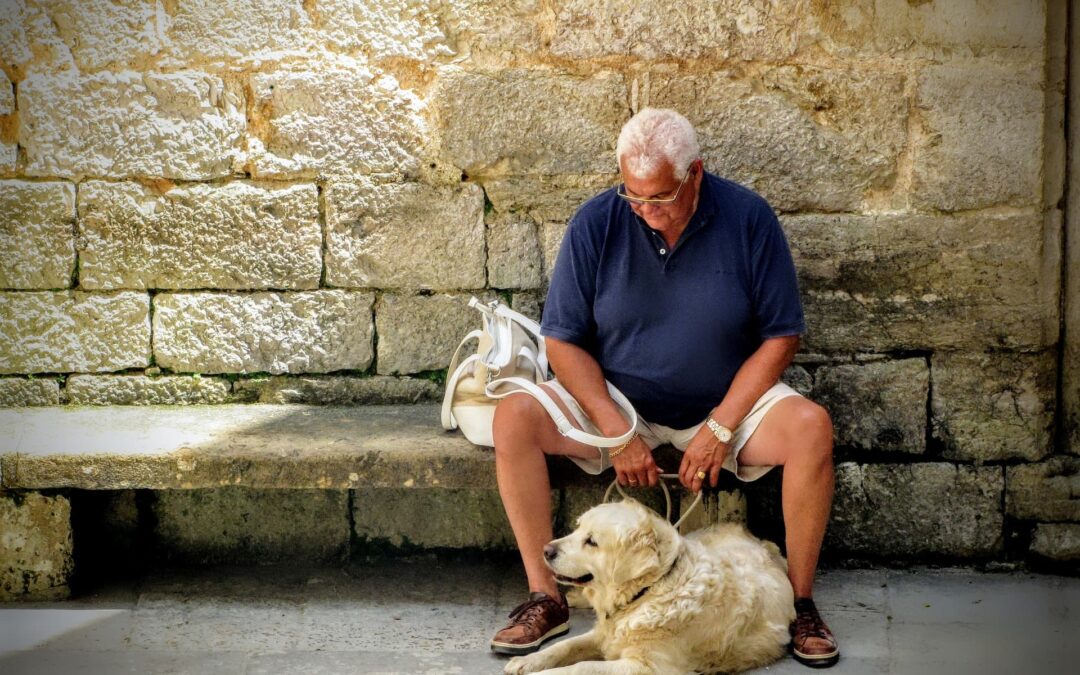You may not want to think about it, but you should. What happens to your pets in the event you become ill, incapacitated or pass away?
This is something, although unpleasant to think about and difficult to talk about, that is critical to have as a clause in your health directive and your will.
As a responsible pet owner, you provide your pet with food, water, shelter, veterinary care and love. To ensure that your beloved pet will continue to receive this care should something unexpected happen, it is critical to plan ahead.
The time to think about this is now, when you are well.
The lifespan of a dog or cat is short compared to ours, but things happen and we should be prepared.
Pet birds such as cockatoos or African Gray parrots can live 40 years, 70 years or longer. Horses have an average lifespan of 25 years, but many live into their thirties.
If you consider your pet as part of the family, a pet trust may be a necessary part of estate planning. You cannot leave property, cash or life insurance directly to a pet.
The law considers animals to be property, but you can still provide for them by establishing a trust. Don’t leave your pet’s future to chance.
You can leave assets to a person who agrees to care for your pet. Follow-up with a written set of detailed instructions for the caretaker you have designated. In the trust, state which animals are covered and who will accept the pet. Make sure you update this when your animal family changes, removing those who have passed on and adding new pets.
Be certain the individual is willing to take on this responsibility of taking in your pet and shares your sensibilities on pet care.
Assign an amount of money to be used for the animal’s care. Include instructions on medical care and end of life details. Besides the beneficiary, assign an individual to enforce the terms of the trust.
Every single year approximately 1.3 million pets enter shelters due to the death of their owners, and about 650,000 of these pets are euthanized. It is necessary to be proactive to avoid this situation.
As we start off the New Year, it is something to consider. Be prepared and organized.
If you do not have a pet, please visit the animal shelter and give a loving home to a pet in need. It would be a rewarding way to bring in the New Year.
Originally written by Anita Greenberg, DVM East Brunswick Animal Hospital and published in the All Around Old Bridge newspaper.

